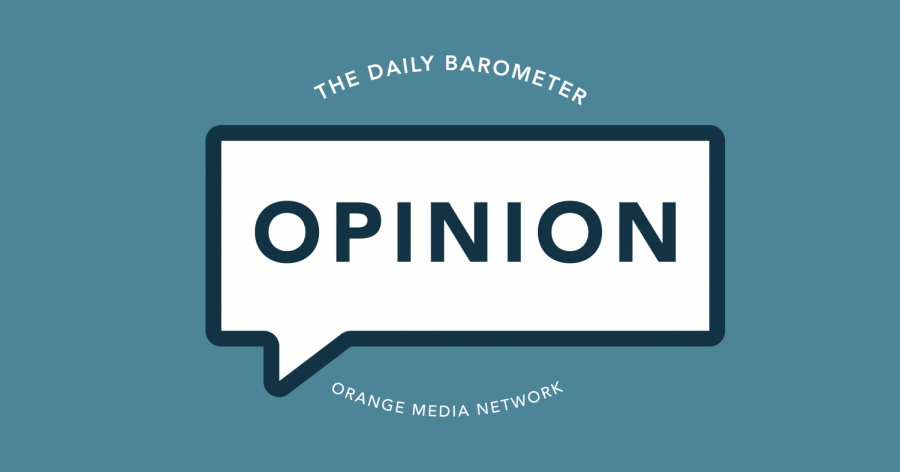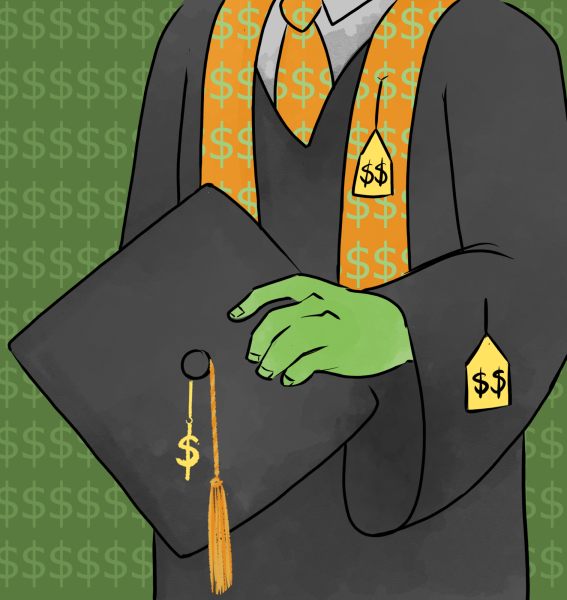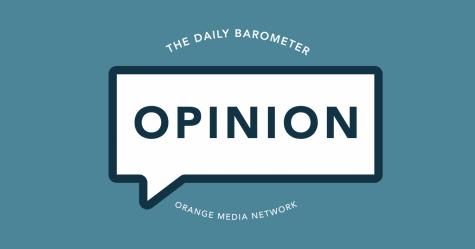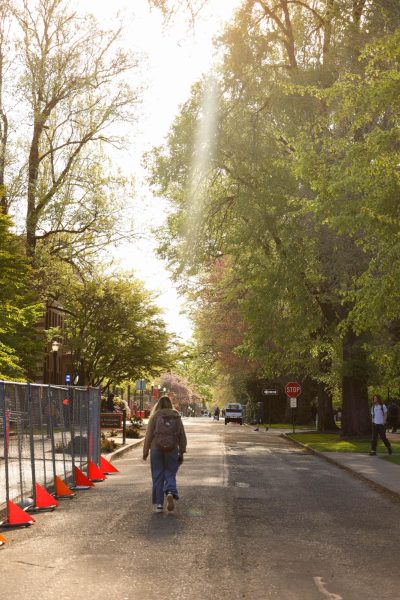Letter from the Editor: ‘Silence is a disservice’
June 10, 2019
Navigating the world can be difficult and cruel. As an editor and person of color, it is better defined as unforgiving.
I used to try to dismiss comments that questioned the integrity of my reporting or editorial decisions based on my race by saying people were entitled to their own opinions. But after almost four years of being a part of student media, I think my silence is a disservice to future readers and future editors of the paper.
To be fully clear, my almost four years of working in student media was filled with constant reminders of my unfortunate luck to be born non-white.
When I wrote or made editorial decisions on stories involving social justice or underrepresented groups I would be blamed for tokenizing; I would be blamed for being a traitor to other people of color; I would be blamed for using my own identity to further my own ends. Sometimes for the same story, I would be told that I was over representing students of color or that I was being too favorable since I was also a person of color.
It felt like people were telling me I could never be good enough. I projected onto myself that as a person of color I had a unique responsibility I failed to live up to. It was this suffocating burden that I couldn’t escape.
Every single time I felt like I failed, it never got any easier. It was this relentless barrage that made coming back to work harder each day. I would be lying if I said I never felt like quitting. Yet, I would pretend that nothing had happened. I would act like everything was okay when it definitely wasn’t. I sacrificed my own well being because I was too afraid to have that uncomfortable conversation.
Now that I am ending my college career and my role with student media, my biggest regret is not being strong enough to have those conversations. My failure to act sets a precedent that could leave future editors of color just as vulnerable to this suffocating burden.
Sure, in the end I was proud of the work we put out and the stories we covered. The Daily Barometer taught me how to be a better journalist and how to be a better person. It was an honor and privilege I will always be grateful for. However, I won’t be able to reflect on my time here without remembering the times I spent in the stairwell or the director’s office crying because my identity as a person of color felt like a burden. I don’t want that for the people coming after me.
This paper has been seminal in my own personal growth, and I have truly come to love it. But it shouldn’t have to come with a cost. So for the future editors and journalists, lift each other up and see each other as people first and as journalists second. Be willing to have these hard conversations and reckon with how your work affects each other and the community we are tasked to serve.
The stories we write and the legacy we leave behind are bigger than ourselves. To isolate our work and its impact on others is a disservice that fails our community, our fellow journalists and ourselves.
There are many internal struggles journalists grapple with. Every decision is carefully weighed while considering the uncompromising ethics of journalism. But it does not mean journalists should have to navigate it alone, and we can’t pretend that these issues are the same for journalists of color.
Pretending that students of color navigate journalism the same as their peers is a convenient lie that denies meaningful discussions on what a student newspaper is meant to be. A failure to have that discussion, and to remain silent, is a disservice I regretfully continued.






















































































































